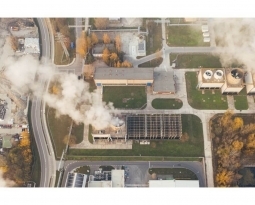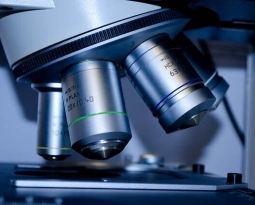Cork Start-Up has Beekeepers Abuzz with Hive Monitoring Technology
A multi-award-winning start-up by the name ApisProtect has developed innovative technology that is giving a new hope to beekeepers world-wide. ApisProtect aims to bring efficiency and productivity to beekeeping, to address the global concern over declining pollinator populations and its follow-on effects on agriculture and biodiversity.
Pollination is essential for maintaining ecosystems and biodiversity, but is also essential in food production, which is in ever-increasing demand. In agriculture, pollination from animals is needed for 35% of the world’s crops. The Food and Agriculture Organization (FAO) of the United Nations estimates that the economic value of crop pollination globally amounts to €153 billion, or almost 10% of the total value of agricultural food production world-wide. The FAO has implemented a global project to identify pollination shortages for agriculture. It found that implementation of their management practices around pollination lead to increases in food production. The fraction of agriculture that is reliant on pollinators has increased rapidly in the last 50 years. Meanwhile, management of honey bee hives as only increased fractionally. Consequently, projects such as the FAO’s have become necessary to ensure food security in years to come.
ApisProtect has identified this need, and has commercialised a product that aids beekeepers in maintaining healthy bee colonies. The product comprises of a monitor that senses temperature, movement, humidity and sound inside bee hives. This eliminates the need for beekeepers to do periodic manual checks, while also leaving bee hives undisturbed. This results in healthier hives as well as a streamlined workflow for beekeepers, who can focus on fixing issues instead of on monitoring. The monitor feeds data into ApisProtect’s algorithms which then send beekeepers suggested actions to restore colony health.
The founder of ApisProtect, Dr Fiona Edwards Murphy, highlighted the benefits of being part of the Irish start-up community, which she notes is well supported by Local Enterprise Offices and by Enterprise Ireland. Countries with supportive networks for research and development will take the lead in making such innovations commercially viable as new technologies become relied upon for solutions to environmental problems.









